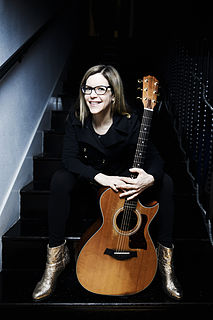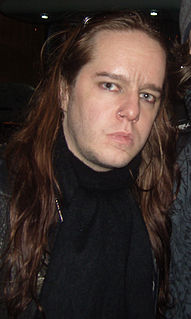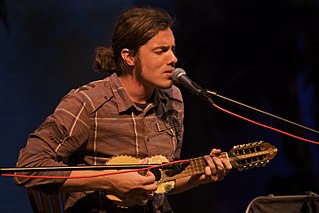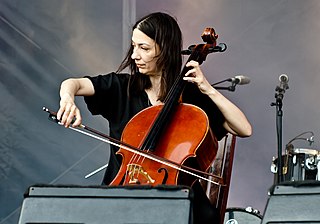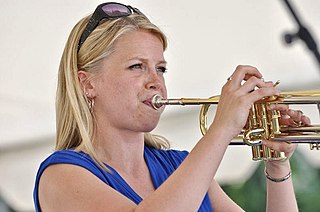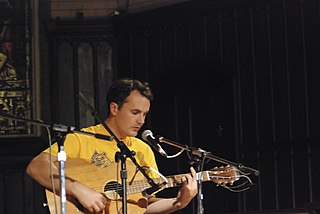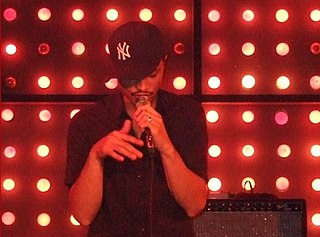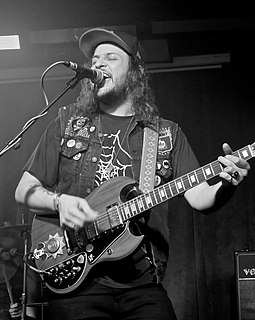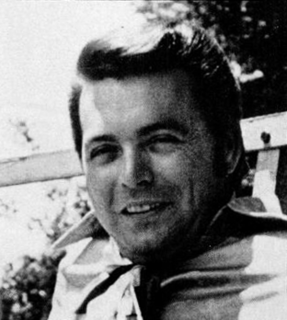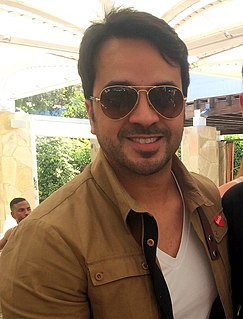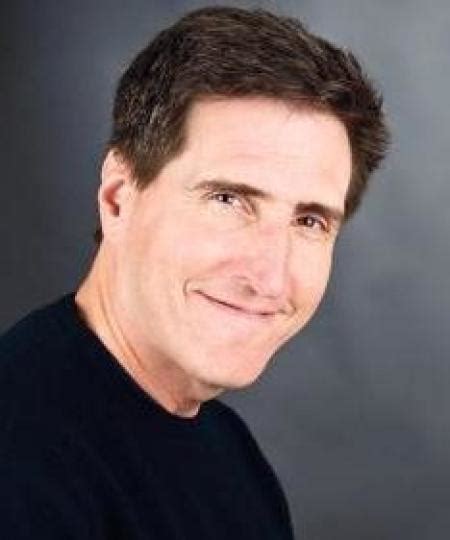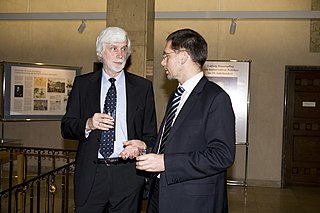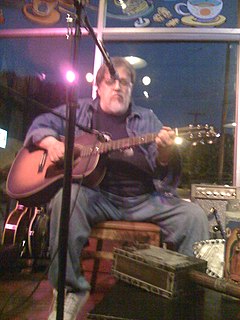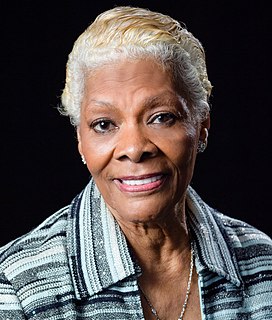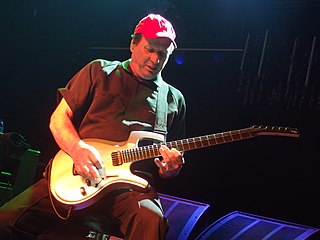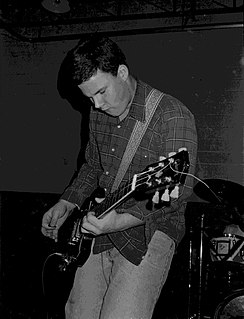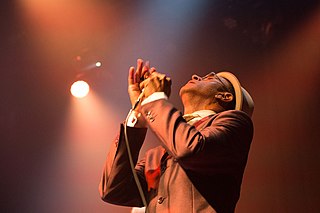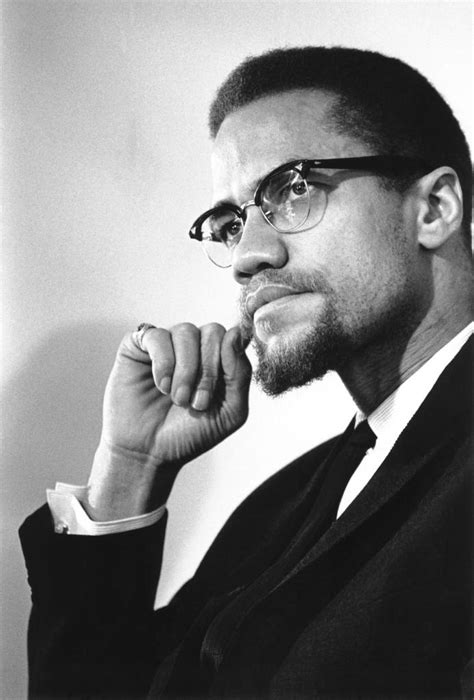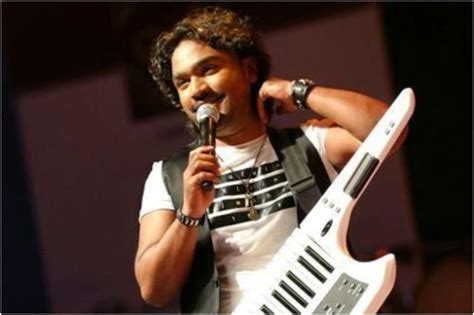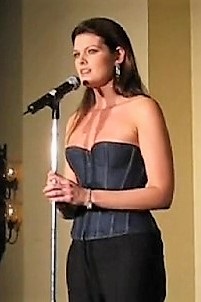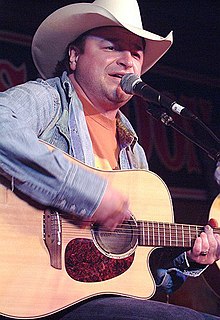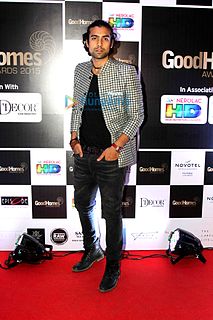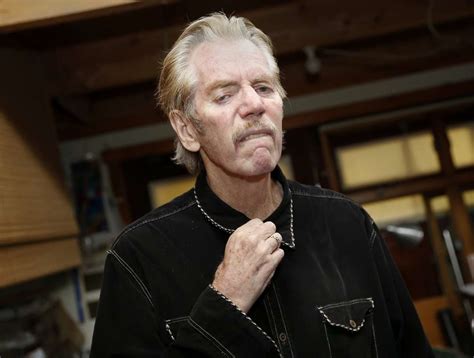Top 228 Recordings Quotes & Sayings - Page 3
Explore popular Recordings quotes.
Last updated on December 4, 2024.
I got an amazing 10-CD set, it's the music that Alan Lomax recorded in Haiti in 1936. And what's incredible is how fantastic the drummers are and how off-the-grid they are. The liveliness is astonishing; they're just totally alive, these recordings. It's very interesting, to me, to be reminded of that, that there was a time when things were not that tight.
'Hamlet' was the first movie I saw. In 1948, my mother said, 'I'm going to take you to see 'Hamlet' with Laurence Olivier.' She was worried about taking me to it because she wasn't sure I was old enough to understand it or to maybe be adversely affected by it, but I got recordings of it and memorized all the soliloquies.
Then little writings and recordings that thankfully continue to come up. I'm in this kind of wonderful, kind of awkward, off-putting, and strange position where there's nothing I want to do more than continue to make music, but the ways that I do things are not in tune with how I can do them commercially.
'Jigarthanda' will be the first in the Kannada industry to do this type of an experiment. All these days we use to do our recordings in Mumbai, Hyderabad, or in Chennai. But this time we have recorded in three different countries: Spain, Italy and the U.S. We have used around 50 foreign spring orchestra including violins, etc.
